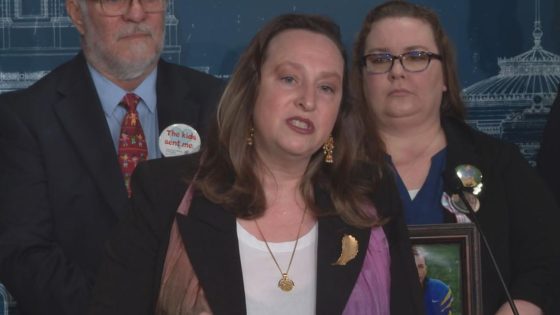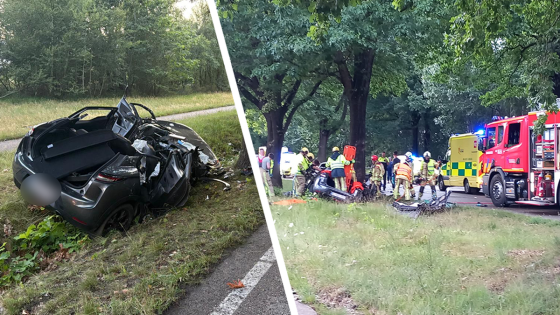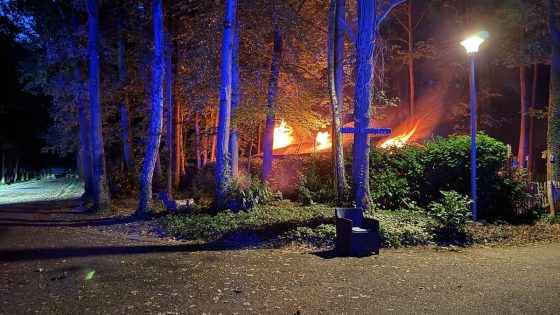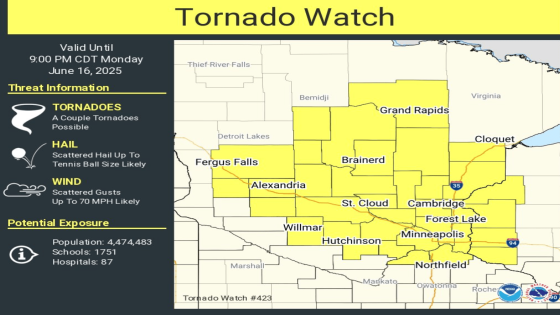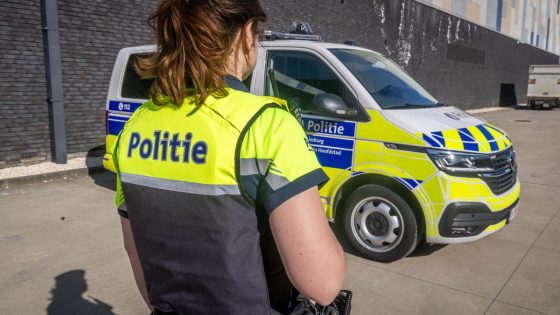Family members of Phillip David Reeder, a 52-year-old man from Alabama, are demanding accountability following his tragic death during a police encounter. Reeder died on August 6, 2024, shortly after officers responded to reports of him running in traffic. His family likened the circumstances of his death to that of George Floyd, calling for officer arrests and justice.
- Phillip Reeder died after police confrontation.
- Family compares death to George Floyd's case.
- Body camera footage revealed after 11 months.
- Death ruled a homicide by coroner.
- No criminal charges filed against officers.
- Family seeks accountability and potential lawsuit.
During a press conference, Reeder’s family expressed their grief and frustration after finally viewing body camera footage of the incident. They highlighted that Reeder, who was experiencing a mental health crisis, was Tased, restrained, and ultimately died while pleading, “I can’t breathe.” The Jefferson County Coroner’s Office ruled his death a homicide, yet the District Attorney’s Office found no probable cause for criminal charges against the officers involved.
This case raises significant questions about police conduct and accountability in the U.S. as mental health crises increasingly intersect with law enforcement responses.
This incident underscores the urgent need for reform in how police handle mental health crises. Are current training protocols sufficient to protect vulnerable individuals? Consider these points:
- Reeder’s family believes police should have provided immediate medical assistance.
- The autopsy indicated that multiple factors contributed to his death, including cocaine and heart disease.
- Calls for accountability echo nationwide, raising awareness about police practices.
- Legal experts suggest the need for clearer guidelines on handling mental health emergencies.
As this story unfolds, it serves as a reminder of the importance of accountability and reform in law enforcement practices. Advocates urge communities to engage in dialogue about mental health and policing to prevent future tragedies.





